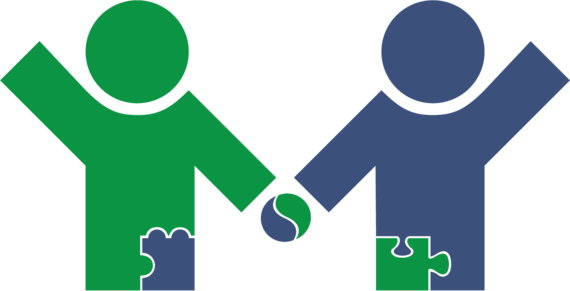This past Mother's day, I had a conversation that has been had multiple times over the last 3 years. "Why don't we do a better job of recruiting, retaining, and empowering allies in our own movement?", asked my fiancé. She also happens to be an advocate for many social justice causes, so the question was half-rhetorical, and much more to inspire conversation than get an actual answer. But - it is an important question, isn't it? The conversation has made its rounds through the recovery advocacy movement for some time, and though I would say the needle has moved in the sheer number of those recovery allies being actively involved, is it enough?
"Why don't we do a better job of recruiting, retaining, and empowering allies in our own movement?"
Most social and civil movement historians would point out that one of the distinctions of a successful movement is the inclusion of allies amongst the ranks of the advocates speaking out. The civil rights movement, at it's tipping point (and before), included swaths of individuals from diverse socio-economic and racial backgrounds; the imagery from riots and marches with Caucasian stakeholders alongside their African-American compatriots is powerful imagery we have all been moved by. The HIV and Aids movement reached a point of humanization when celebrity allies such as Princess Diana were filmed embracing those with the disease. The LGBTQ+ movement, the most recent in history, has perhaps had the largest community of allies driven in my mind, by social media and a younger generation. Do we have our own defining moments of external support in the recovery movement?
Yesterday, we celebrated the 40th anniversary of Operation Understanding - a press conference that was as ground-breaking as it was stigma smashing. Celebrities such as Dick Van Dyke and Buzz Aldrin, amassed in Washington D.C. to speak out about the disease of addiction, and that it was possible to get well. Unfortunately, the events of life preceded to get in the way and rather than a moment that would plant the recovery community firmly in a positive tone in the world, we got the "War on Drugs" and the "Just Say No" campaigns. Flash forward another 40 years, and the Unite To Face Addiction Rally, with a list of celebrities and political allies that rivals any social movement, gathered again in Washington D.C. The event had under tones of the million-man march and the AIDS quilt, both events which drastically impacted progress of their respective causes. Will this second-completion of history making be enough to finally give the recovery movement its much needed "win"?
Time will tell, but one thing is certain - we have drastically shifted the focus of substance use disorders and mental health away from the moral failing they were once considered in this country. We have found our celebrity and political allies, and have made great strides in welcoming individual allies into our ranks. We cannot rest though - just as 40-years ago, our moment in history can be washed away with public sentiment shifting towards a different perspective. While we are not likely to experience a second war on drugs, or a "Just Say No" campaign, that does not mean the fight for social progress is done. While individuals in recovery are likely to continue this fight for progress as long as is needed, our allies will be the deciding factor in what type of progress is made. Just as all prior social movements in this country relied on allies to find the path to success, so will we; and this cannot be fleeting, we must continue to empower and support our allies as we do our own fellows in recovery.
To all of our allies out there - thank you for what you have done thus far, and for being on the right side of history.
Check out more on #RightsForRecovery -
Supporting The Comprehensive Addiction and Recovery Act
The Intersection of Reform: Criminal Justice and Behavioral Health


